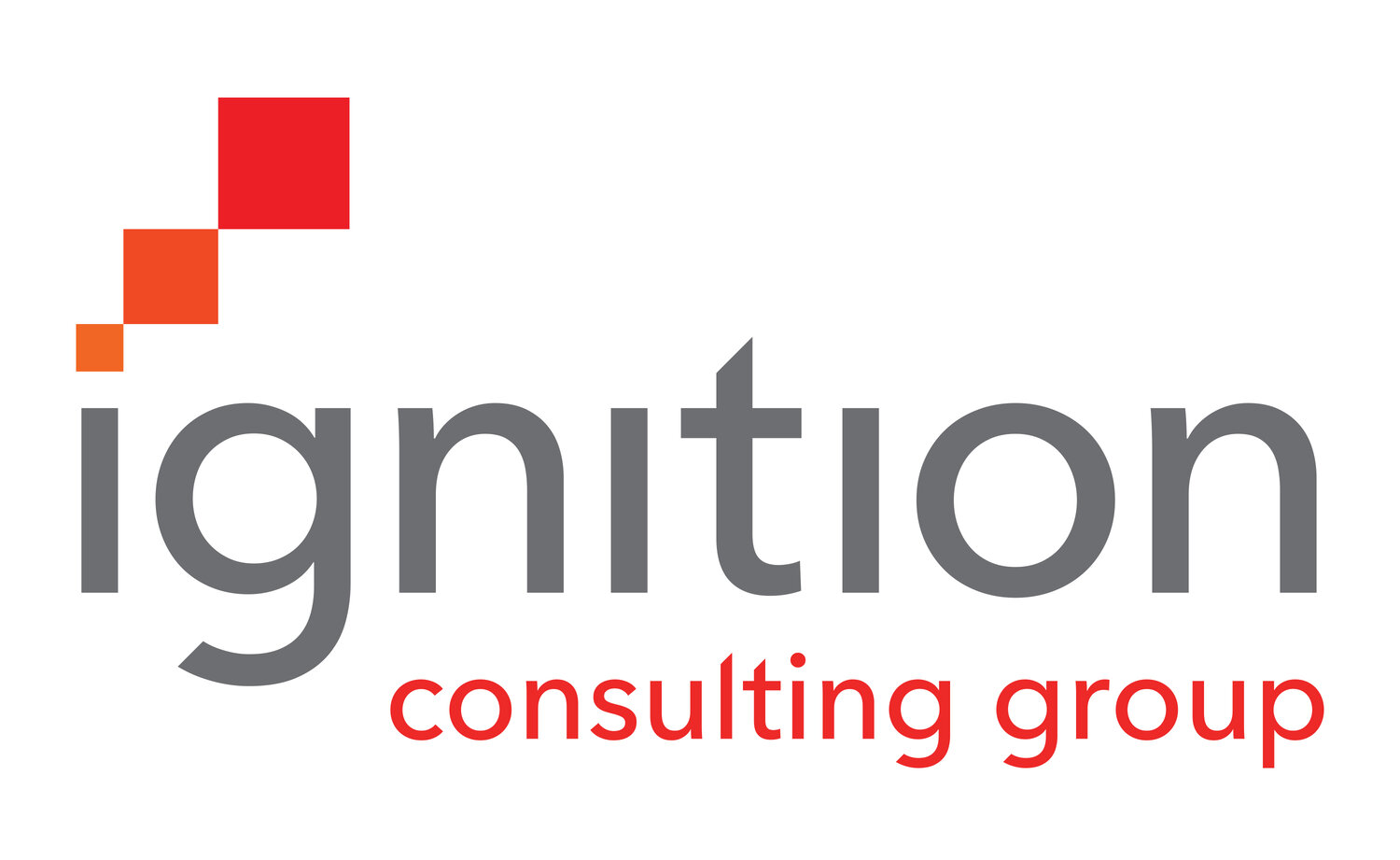Clock Watchers No More
By Tim Williams
“Companies Want Lawyers to Kill the Billable Hour," reads the headline in a recent issue of the Australia Financial Review. Around the same time, the marketing publication Campaign ran an article titled "Wary Marketers Sour on Billable Hours." Could it be that the hourly is rate is finally, at long last, marked with an expiration date?
It's true that the hourly rate still dominates the compensation structures of most professional service firms around the globe. But the seeds of its dismantling are being sown, in some unexpected ways from unexpected sources. Many of us who study the topic believe it's now just a matter of time until the hourly rate is properly laid to rest in the graveyard of bad business ideas.
Locked in a zero-sum game
The tide is turning in large part because client organizations are coming to the realization that the hourly rate system is a fundamental misalignment of economic incentives. What the client wants less of (billable hours), the firm wants more of. This asymmetrical relationship has both parties locked in a zero-sum game; one in which there is no winner.
Enlightened buyers of professional services increasingly understand that procuring inputs (hours) is a hopelessly sub-optimal approach to obtaining what they seek from their professional partners: effective solutions to business problems. Time spent does not directly correlate to results produced, and astute clients know it.
For this reason, in the marketing services sector, the client community is now talking about resurrecting the once-dead commission system. While not seen as the ideal 21st-century compensation methodology, it is viewed as an approach with better built-in economic incentives. The more efficacious the work created and placed by an advertising agency, the more the marketer will spend to support the program, the more commissions earned by the agency: a virtuous cycle. Under the hourly rate system, no such economic correlation exists.
Marketers want to buy effectiveness
Marketers, who are scrambling for growth after more than a decade of brand stagnation, now understand that paying their agencies for "time spent" doesn't reward or incentivize effectiveness. Even the short-sighted marketers who instead crack the whip for more "efficiency" from their agencies employ precisely the wrong compensation approach to achieve that goal. The billable hour system rewards inefficiency.
Studies by the Association of National Advertisers (ANA) show that the clear majority of Fortune 1000 companies want to change the way they pay their agencies. The leading reason? It's not what you suspect. Yes, marketers want to cut costs, but that's not the reason that tops the list. Marketers' primary motivation for a change in the compensation system is simple and straightforward: they need better business results. Knowledgeable marketers understand that paying for hours is far from the most productive way to forge results-focused partnerships with their agencies.
Ironically, it's the agencies themselves who are now the chief defenders of the antiquated cost-plus fee system. Despite complaining about ceaselessly having their costs under a microscope, agencies are now so entrenched in the methodology they created that they have a difficult time imagining any other way of getting paid.
”Sickeningly subordinate”
Although our consulting firm works exclusively for the sellers, not buyers, of professional services, we often get inquiries from large companies seeking advice on better ways to pay their business partners. In the marketing services space, in particular, brand marketers express enormous frustration regarding their agencies' unwillingness or inability to step forward with more productive remuneration models. These disheartened marketers describe their agency partners with language like "sickeningly subordinate" — so risk-averse that they just hide their head in the sand, fearing it might get cut off if they rock the relationship boat in any way.
To fill this void, the enterprising marketers themselves step in to propose more progressive compensation approaches. It’s not the buyer who should be crafting new pricing strategies; this is clearly the job of the seller. But professional service firms — caught in the vicious cycle of defending their costs instead of selling their value — invest so much of their energy in guarding against a potential downside that they fail to see the upside of proactively developing the kind of win-win pricing approaches their clients clearly desire.
So when the hourly rate finally does die, it will likely be the buyers — not the sellers — who kill it. It's my fervent hope that the professional service business will prove me wrong.



